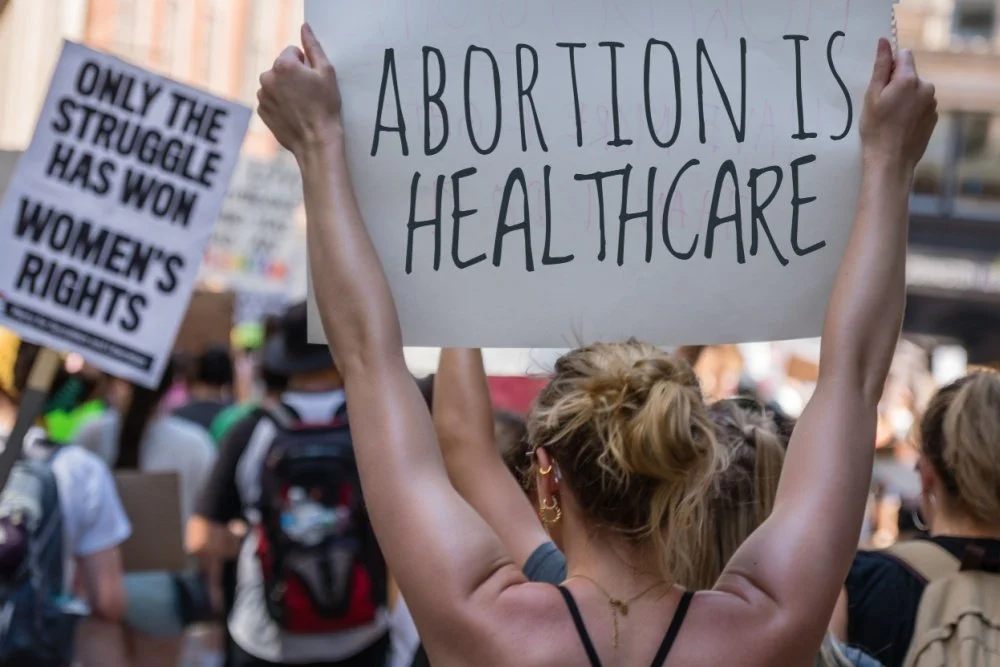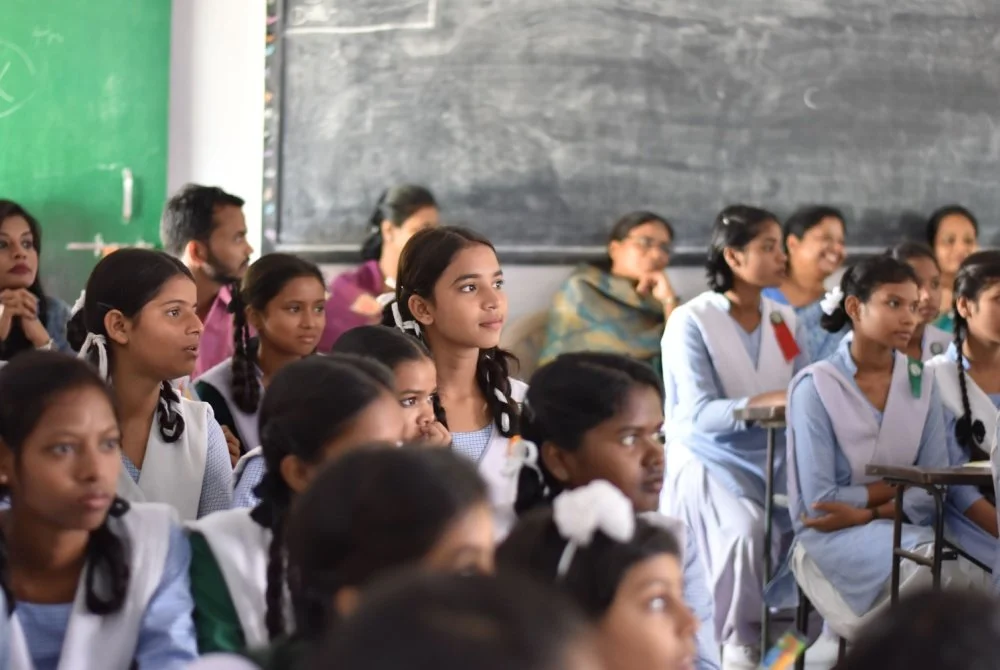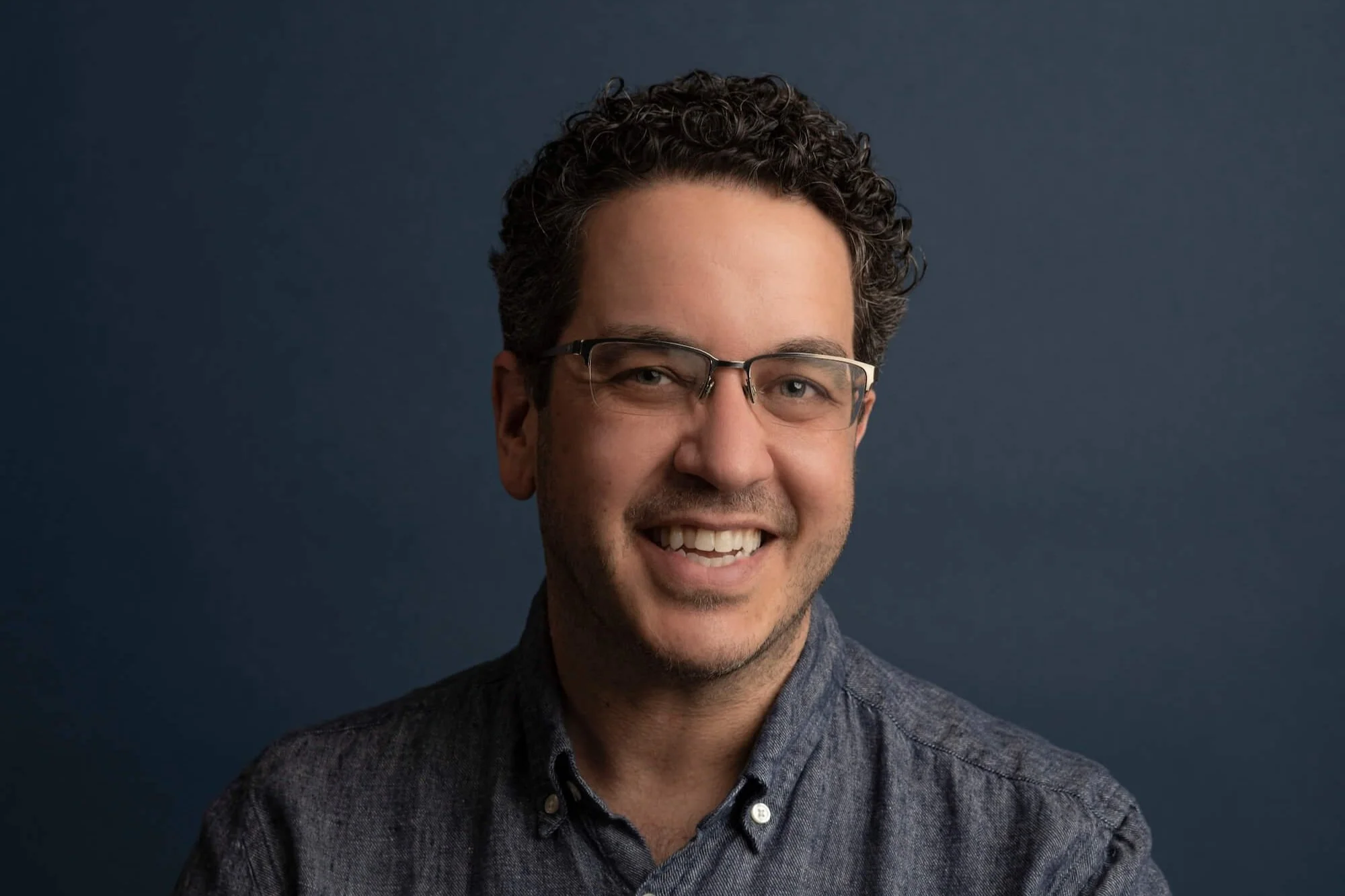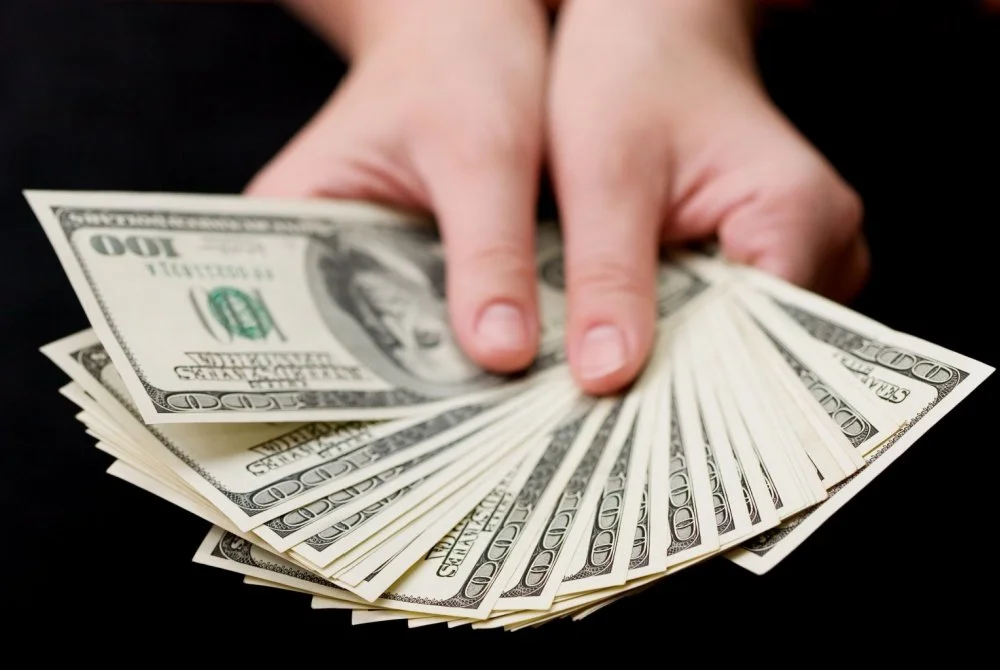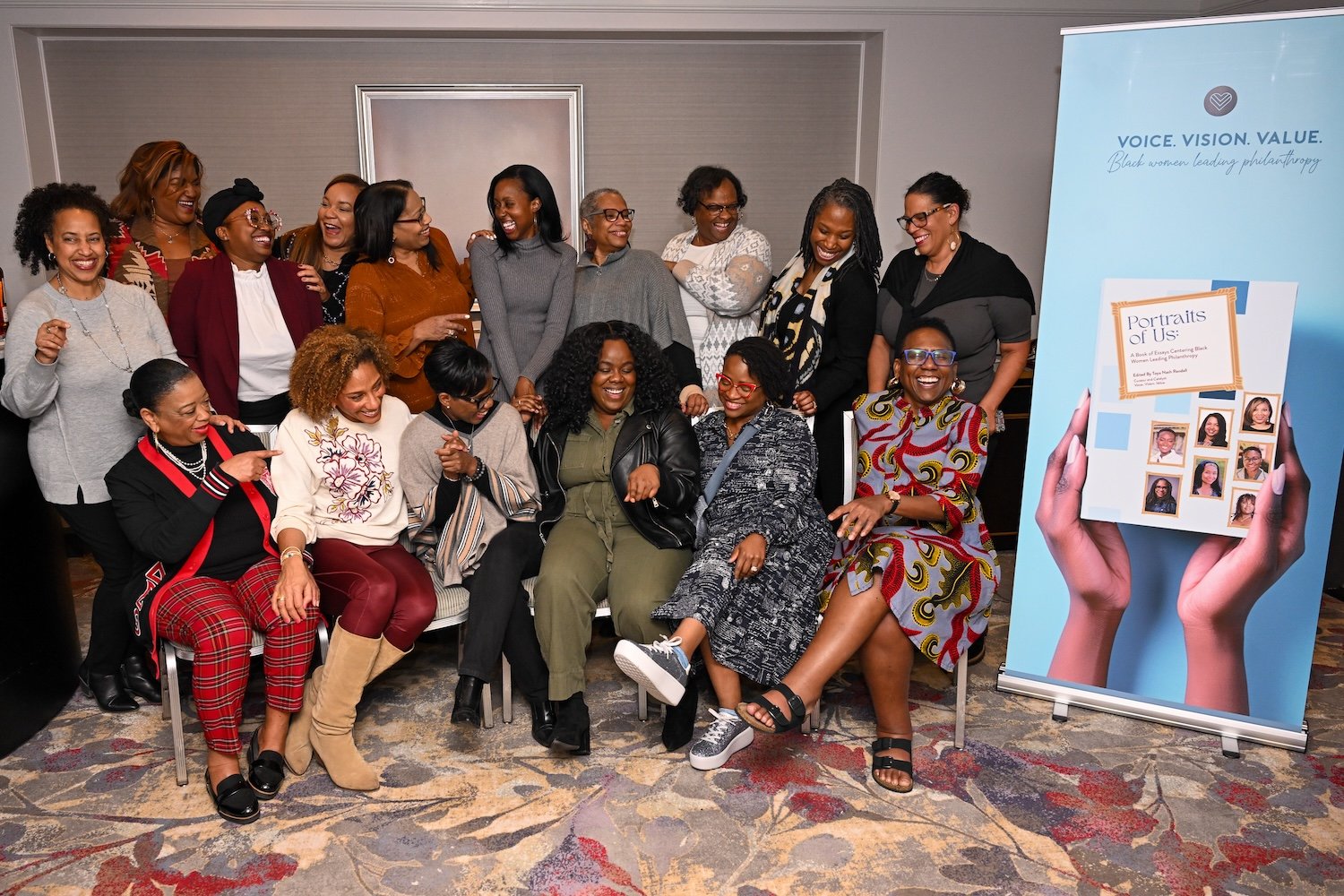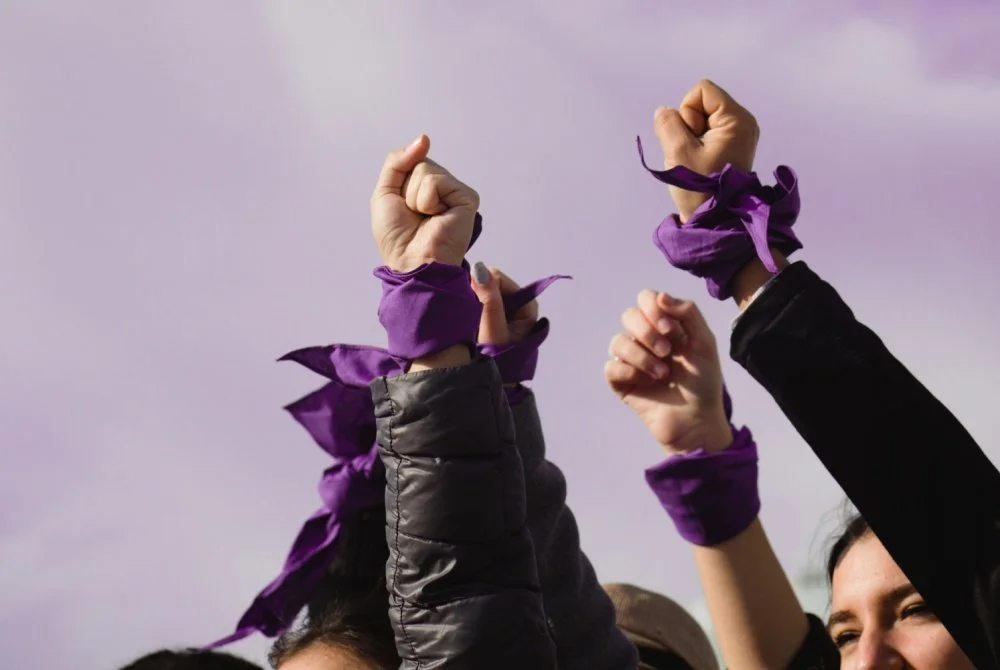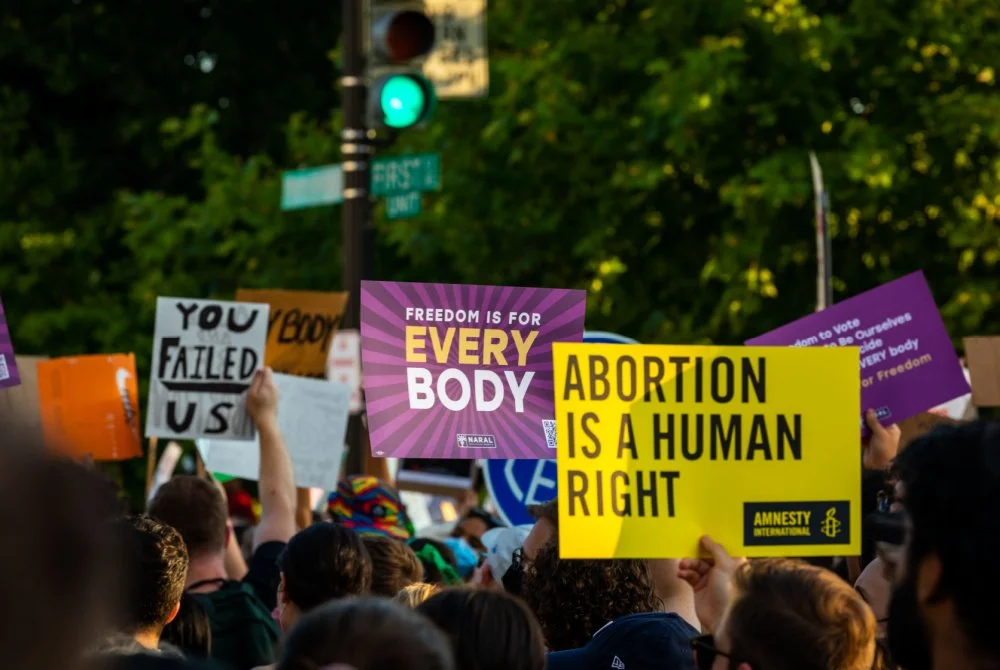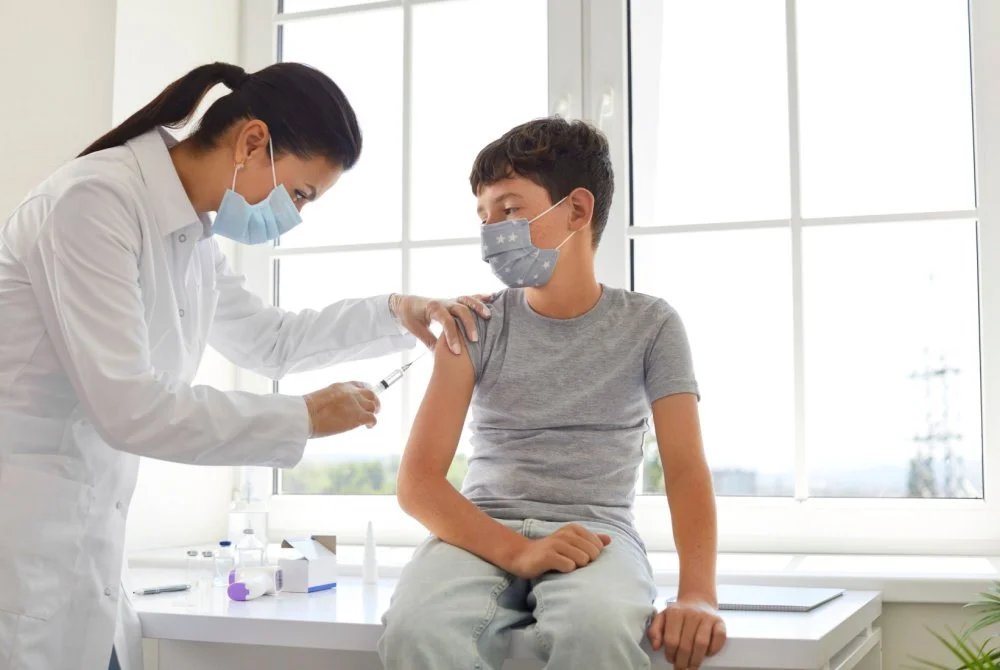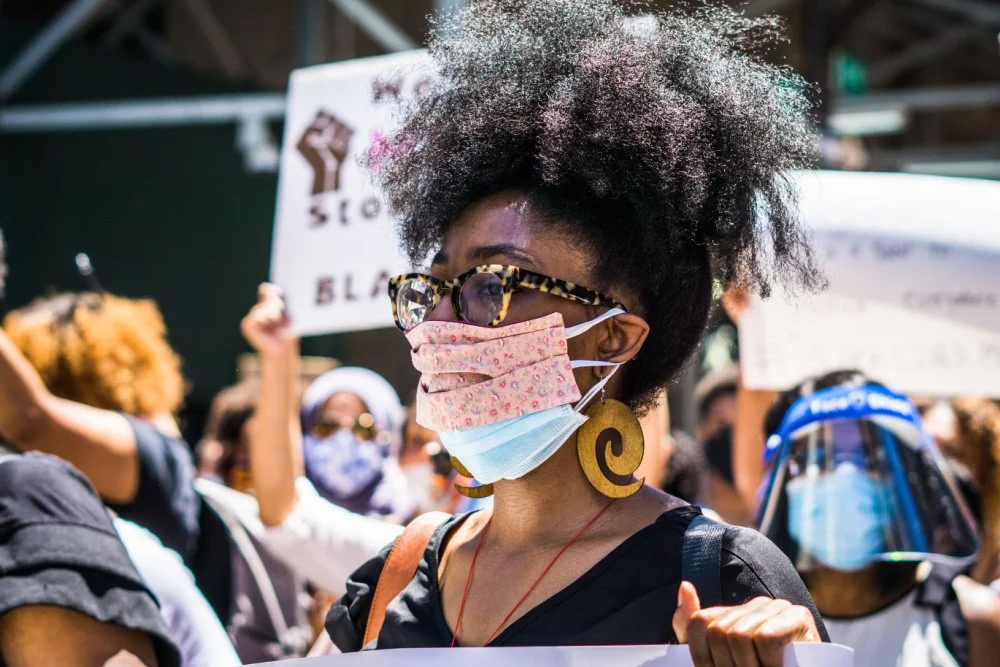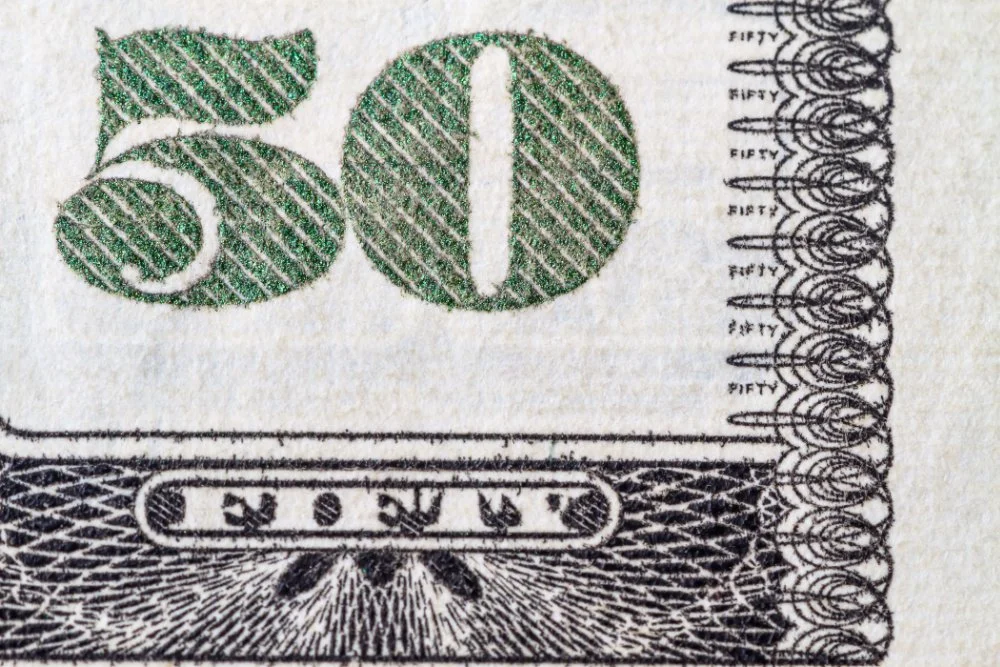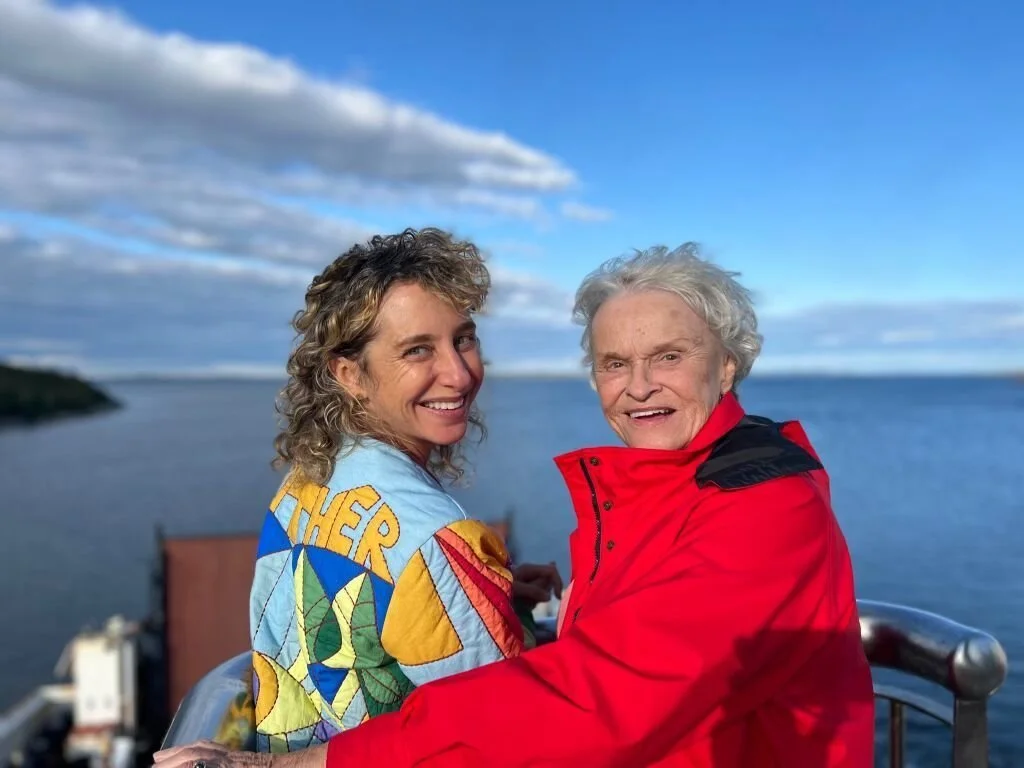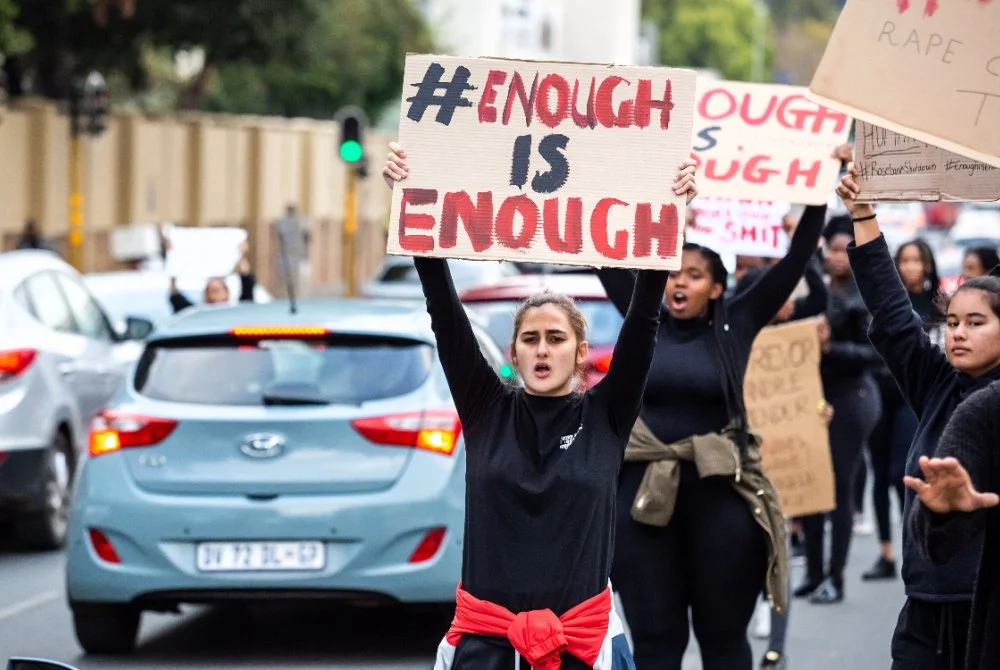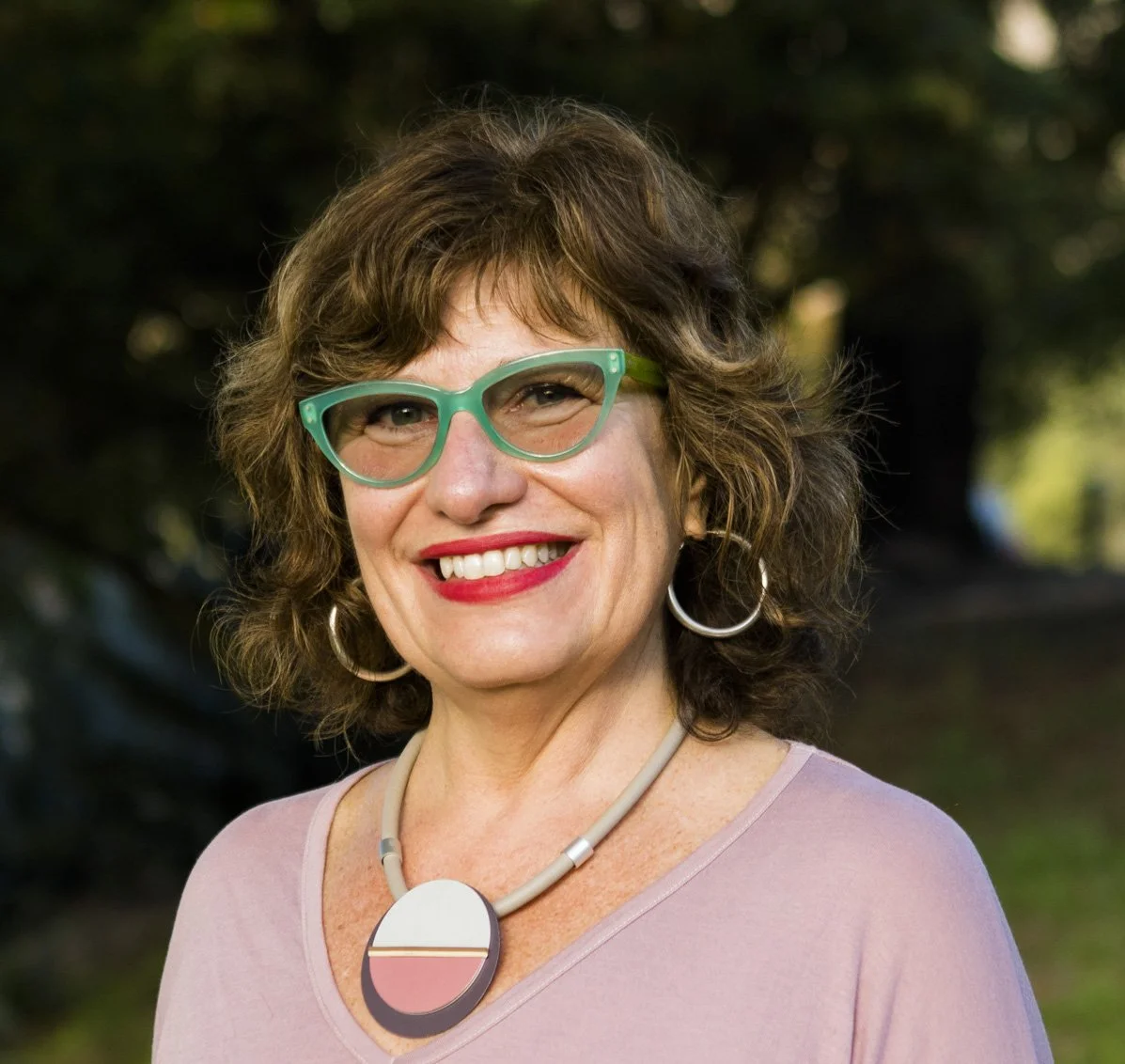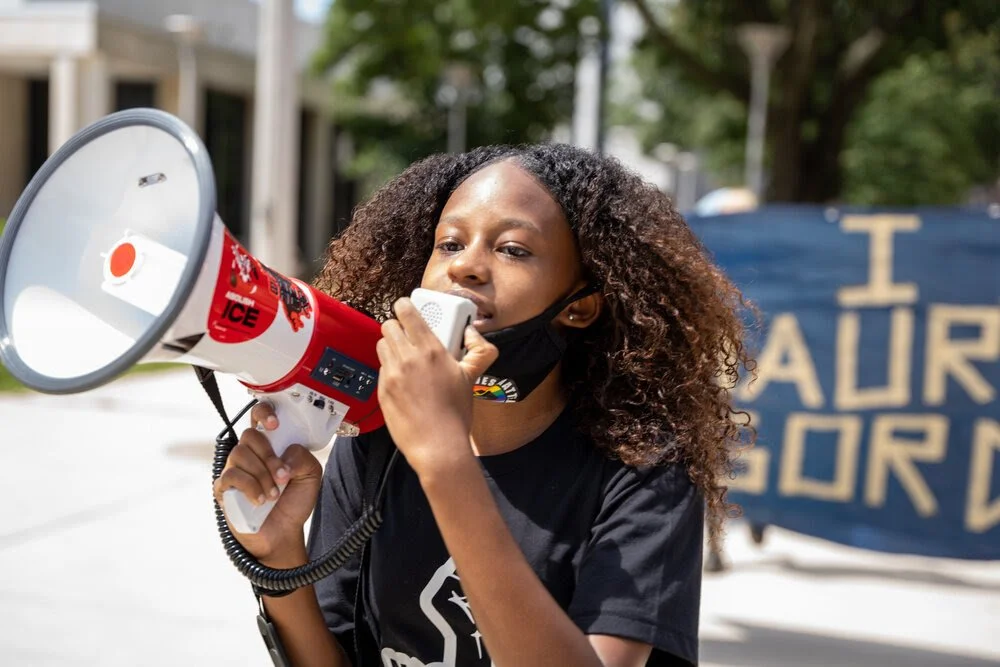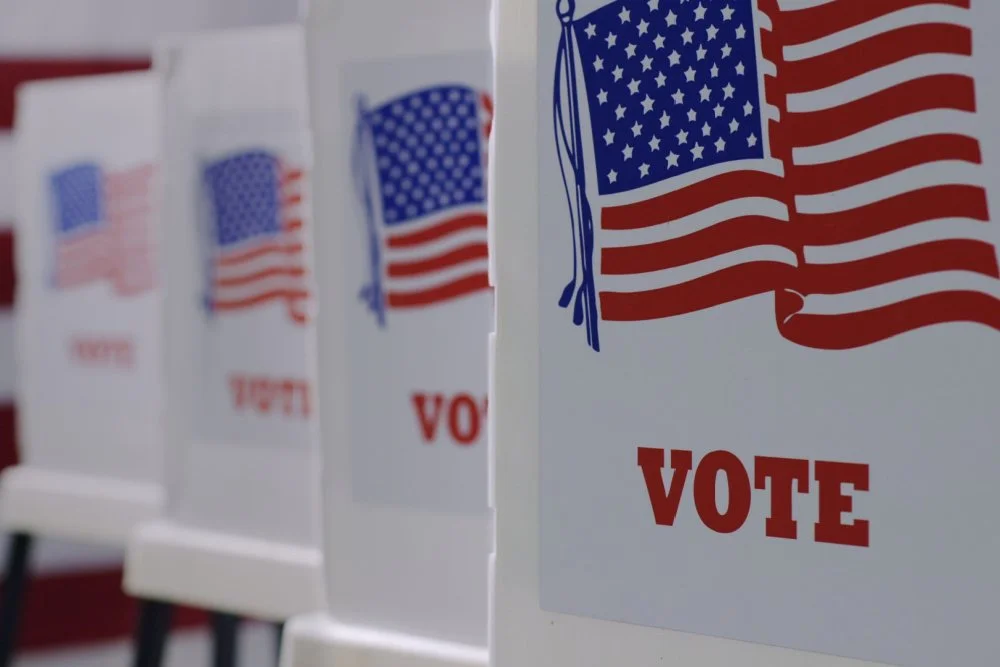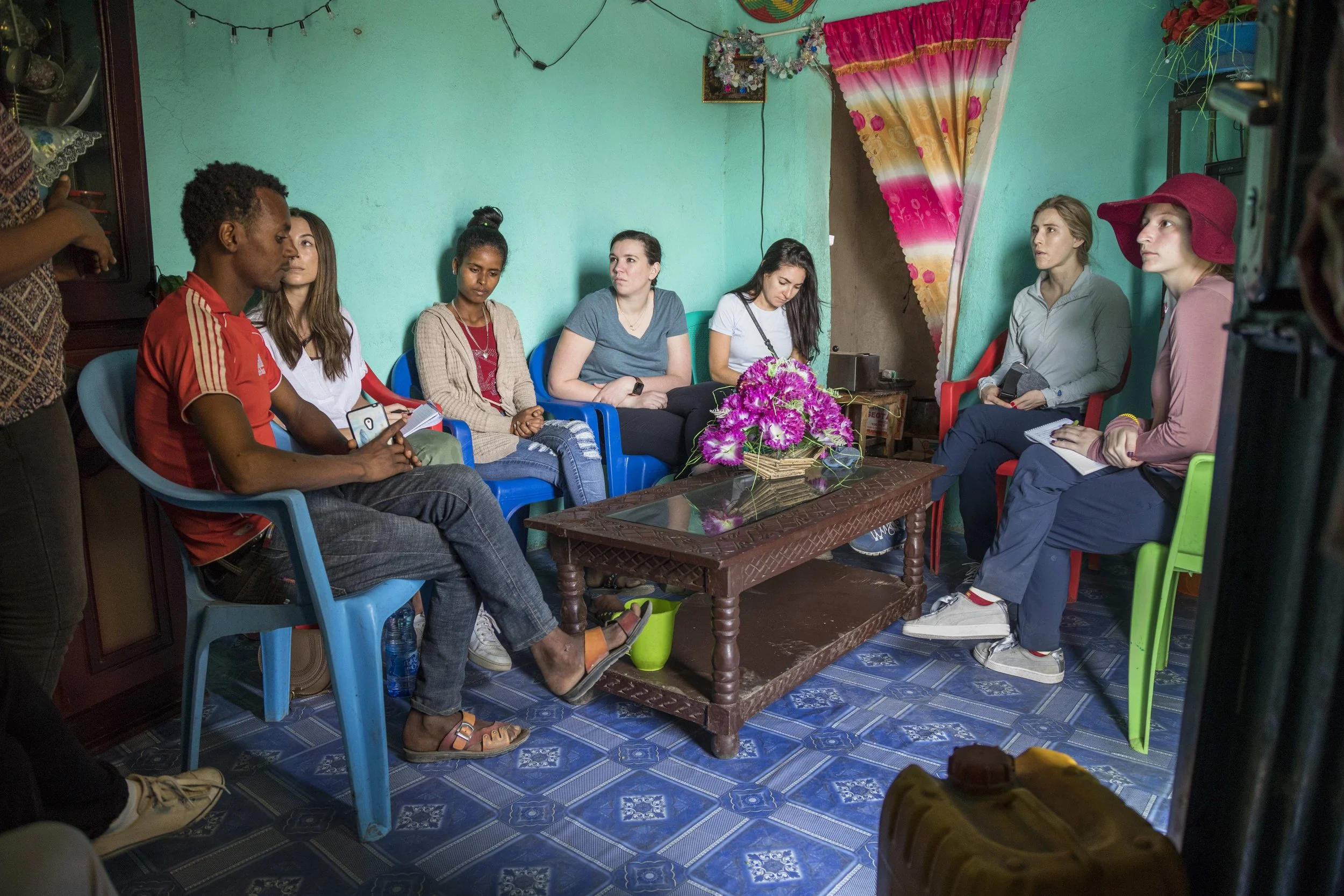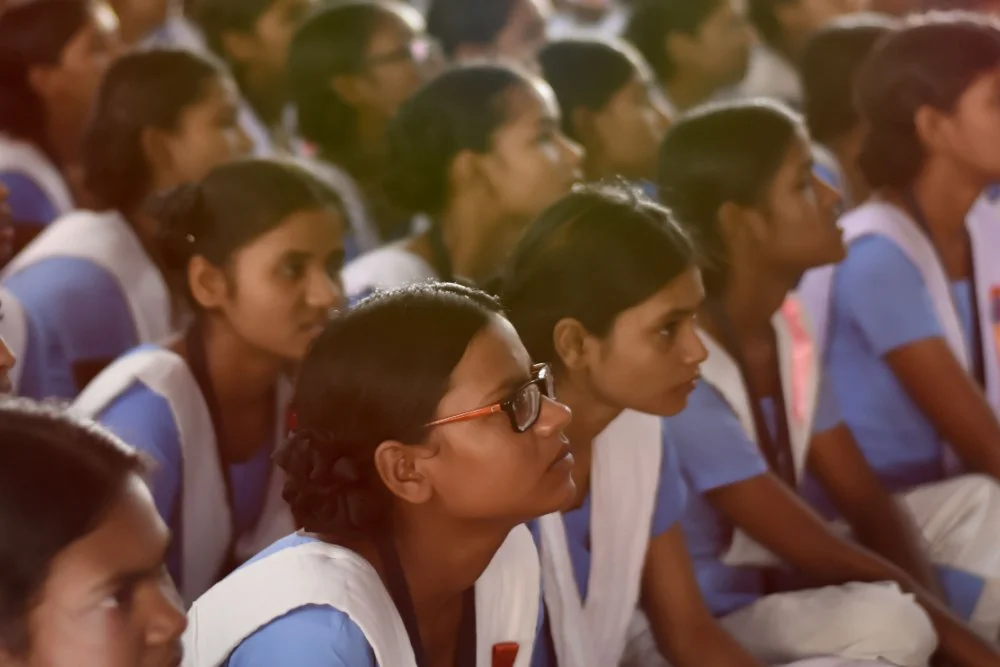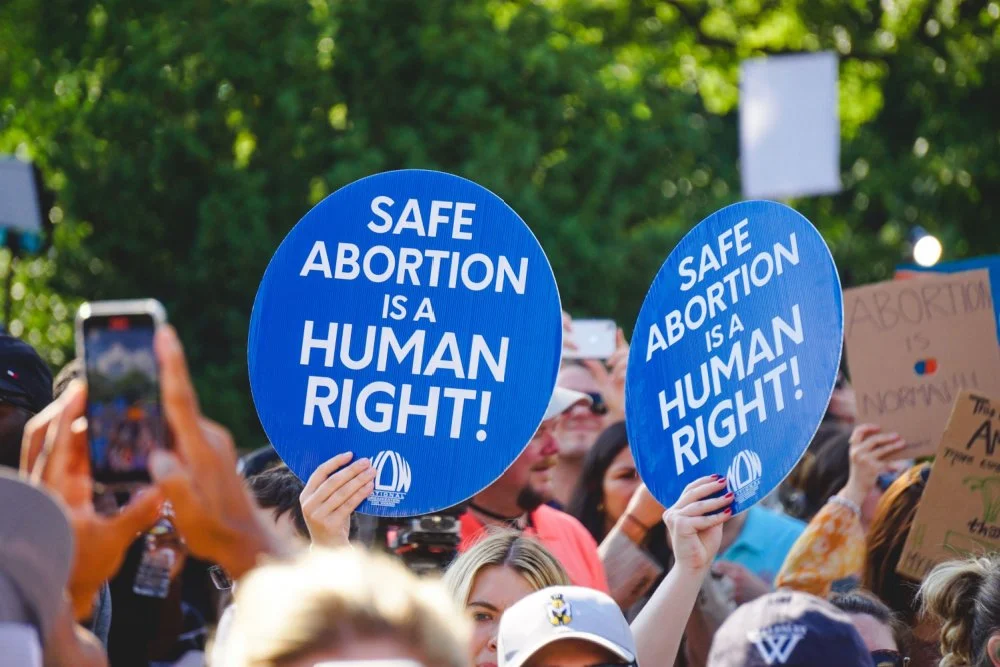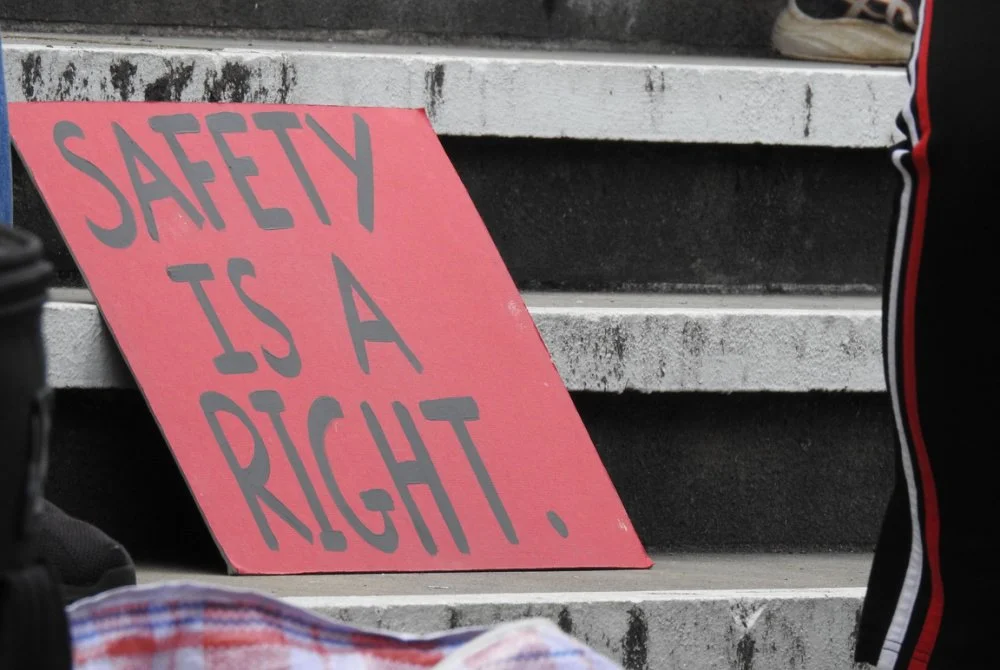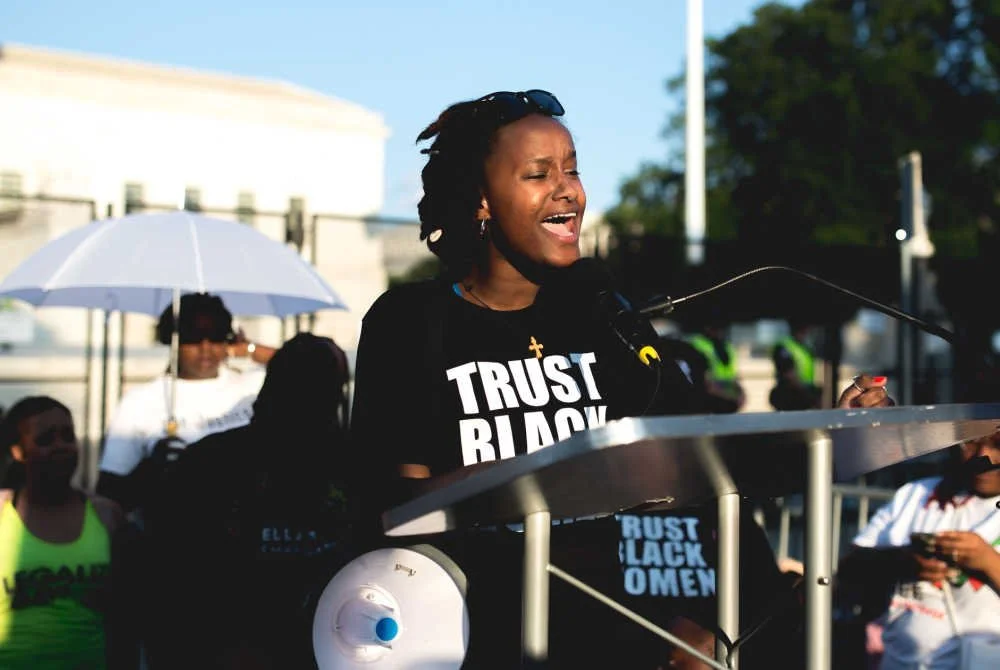One Girl, One Voice: A Celebrity TV Host Takes on Gender Equity
/Shaun Robinson with attendees at a los angeles event to raise awareness about human trafficking
Longtime Access Hollywood host Shaun Robinson ended her 16-season run with the entertainment news staple in 2015. Before Robinson found success and made her mark on Hollywood, the Detroit native attended Spelman College in Atlanta. She was an anchor and reporter in cities like Miami and Austin before arriving in Los Angeles. For her efforts, Robinson has an Emmy to her name, as well.
Robinson says that one of her favorite moments on Access Hollywood was covering Oprah Winfrey's Leadership Academy for Girls. Fittingly, Robinson's own S.H.A.U.N. Foundation for Girls, is laser-focused on improving outcomes for young girls of color and under-served girls more broadly. I recently sat down with Robinson to talk about her new foundation, what got her interested in giving back, and where she sees her work going down the line.
Robinson recalls accompanying her grandmother to the blood bank as a child in Detroit. Though her family came from meager means, Robinson says that one of the lessons she learned was that "it’s good to give to others and make others feel good.” Later, as Robinson navigated Hollywood, she participated and hosted a number of charity events. One of her first board memberships was with Girls Inc. And in 2009, she wrote a book for teen girls called Exactly As I Am, out of which sprang "one girl, one voice… one million ways to make a difference,” an online campaign that encourages girls to talk about their volunteer work.
The common denominator is, of course, girls, and Robinson emphasized to me that she wanted to use her platform to teach girls that true self-esteem comes from a more organic place. These days, Robinson sits on the advisory board of the United Nations Foundation's Girl Up adolescent girls campaign and recently joined Women Moving Millions, a group of influential women philanthropists who've given and/or pledged $1 million or more to organizations or initiatives that benefit women and girls.
Then there's Robinson's S.H.A.U.N. Foundation for Girls, launched in 2016, each of whose letters represents a unique grantmaking area related to girls. While friends counseled her to focus on one issue, Robinson wanted to cast a wider net. Indeed, her foundation's name spells out its wide-ranging priority areas: (S)TEM, (H)ealth, (A)rts, (U)nity and (N)eighborhoods. Robinson, by the way, used to be a health reporter at an ABC affiliate in Milwaukee and believes health is particularly important in communities of color. Driven in part by her work with the internationally focused Girl Up, meanwhile, Robinson wanted also to focus on connecting and bringing together women from different backgrounds.
The foundation kicked off its grantmaking by supporting Alternatives for Girls in Robinson's hometown, which rescues women and young girls from sex trafficking. Robinson brought in the Ford Motor Company and held an event at the Charles H. Wright Museum of African American History, including a panel discussion titled “The Empowered Girl How Not To Become A Victim of Human Trafficking."
Since Robinson has focused on a lot of grassroots, under-the-radar organizations, she believes that holding events and initiatives around the grant is particularly important. In fact, while the S.H.A.U.N. Foundation for Girls is a grantmaking organization, it also is on the hunt for more outside support. Robinson and her board not only vet these nonprofits, but also aim to raise their profile. "What we do is really shine a spotlight on these organizations... [we want] to do more than just give a grant," she says.
The S.H.A.U.N. Foundation for Girls has also supported four other organizations so far, including Techbridge Girls in Oakland, which focuses on STEM education, and Healthy Girls Save the World in North Carolina. Prospective organizations can make an introduction through a nomination page on the foundation's website.
Right now, Robinson is still in the early days of her foundation and is doing much of this work by herself, with the help of a small board. But it's clear she has big ambitions. “I want this to be like the Bill and Melinda Gates Foundation for girls of color and underserved girls more broadly," Robinson says without missing a beat.


